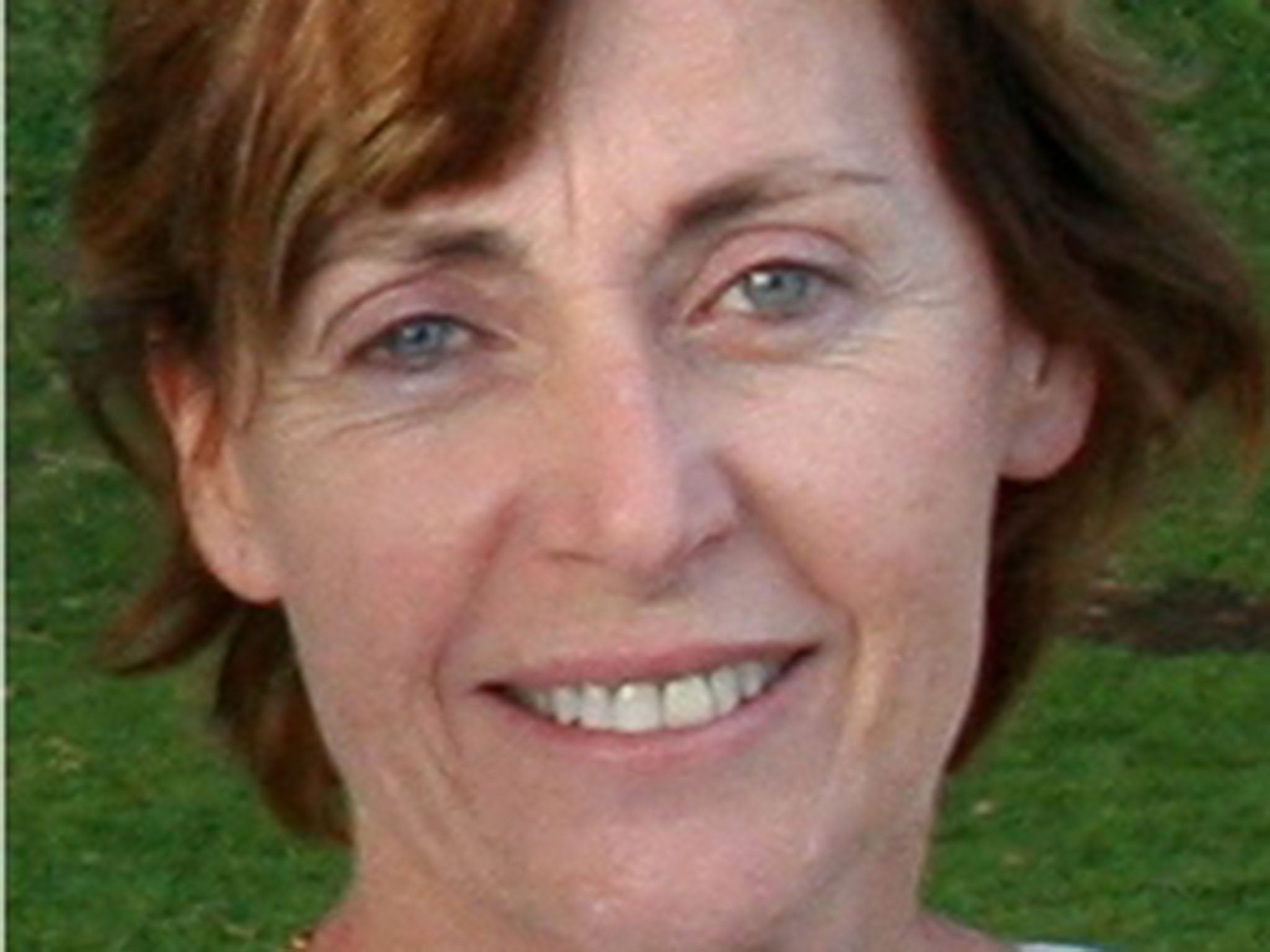Top Australian surgeon sparks outrage as she advises female doctors to allow sexual harassment to get ahead
'What I tell my trainees is that, if you are approached for sex, probably the safest thing to do in terms of your career is to comply with the request'

A senior surgeon has triggered controversy after telling junior female doctors to go along with sexual abuse at work for the sake of their careers.
Australian vascular surgeon Dr Gabrielle McMullin drew criticism for comments made at the launch of her book - Pathways to Gender Equality.
Speaking in an ABC radio interview after the event, she said she encouraged women in her field to protect their climb up the professional ladder by “complying with requests” for sex.
The Sydney-based surgeon said sexism is so rife among her colleagues, young women should probably just accept unwanted sexual advances because speaking out would tarnish their reputations.
Dr McMullin, who studied medicine in Dublin, Ireland, said she stands by the comments she made on Friday but that her advice was “irony”.
"What I tell my trainees is that, if you are approached for sex, probably the safest thing to do in terms of your career is to comply with the request," she said after the launch.
Her shocking comments triggered angry reactions from sex abuse and domestic violence campaigners, who claimed her remarks were “appalling” and “irresponsible”.
Dr McMullin told ABC's AM program the story of Dr Caroline Tan, a young doctor who won a sexual harassment case in 2008 against a surgeon who forced himself on her while she was training at a Melbourne Hospital.
Dr Tan didn't tell anyone what had happened until the surgeon started giving her reports that were so bad they threatened the career she had worked so hard for.
But McMullin warns complaining to the supervising body is the 'worst thing' trainees could do.
“Despite that victory, she has never been appointed to a public position in a hospital in Australasia,” she said. “Her career was ruined by this one guy asking for sex on this night.
“And realistically, she would have been much better to have given him a blow-job on that night.”
Dr McMullin's comments have been roundly criticised by others in the medical profession and in women’s rights groups.
But she said many people had thanked her for speaking out and some had come forward with more appalling stories of their experiences.
She said her critics had misunderstood her stance.
"Of course I don't condone any form of sexual harassment and the advice that I gave to potential surgical trainees was irony, but unfortunately that is the truth at the moment, that women do not get supported if they make a complaint," she told the ABC.
"And that's where the problem is, so what I'm suggesting is that we need a solution for that problem not to condone that behaviour.
"It's not dealt with properly, women still feel that their careers are compromised if they complain, just like rape victims are victimised if they complain," she said.
One victim, who did not want to be identified for fear of losing her job, told the ABC she experienced years of sexual harassment from a senior surgeon.
The victim said if she revealed her identify, she would not be considered a safe person to work with.
"If you complain... you'll be exposed, you'll be hung up to dry, you won't be able to work," she said.
"You'd be seen as a liability, that's my opinion. You absolutely would be seen as a liability moving forward.
"It's well and good that the legislation and laws say x, y and z but that wouldn't happen in practise. It would be unlikely to."
Kate Drummond, chair of the Women in Surgery committee at the Royal Australasian College of Surgeons, disagreed with this suggestion.
"I think we have robust processes, not only through the college for the trainees but also through the workplace," she told the ABC'S The World Today's program.
"I mean, these are people who work in hospitals and there are clear workplace processes to deal with these kinds of problems.
"And so I think there are parallel processes that we would encourage people to use and also to take the support of people like those of us in the Women in Surgery committee and we're very happy to strongly support these people."
Ms Drummond said there had been less than one complaint per year to the Women in Surgery committee regarding sexual harassment.
Subscribe to Independent Premium to bookmark this article
Want to bookmark your favourite articles and stories to read or reference later? Start your Independent Premium subscription today.

Join our commenting forum
Join thought-provoking conversations, follow other Independent readers and see their replies